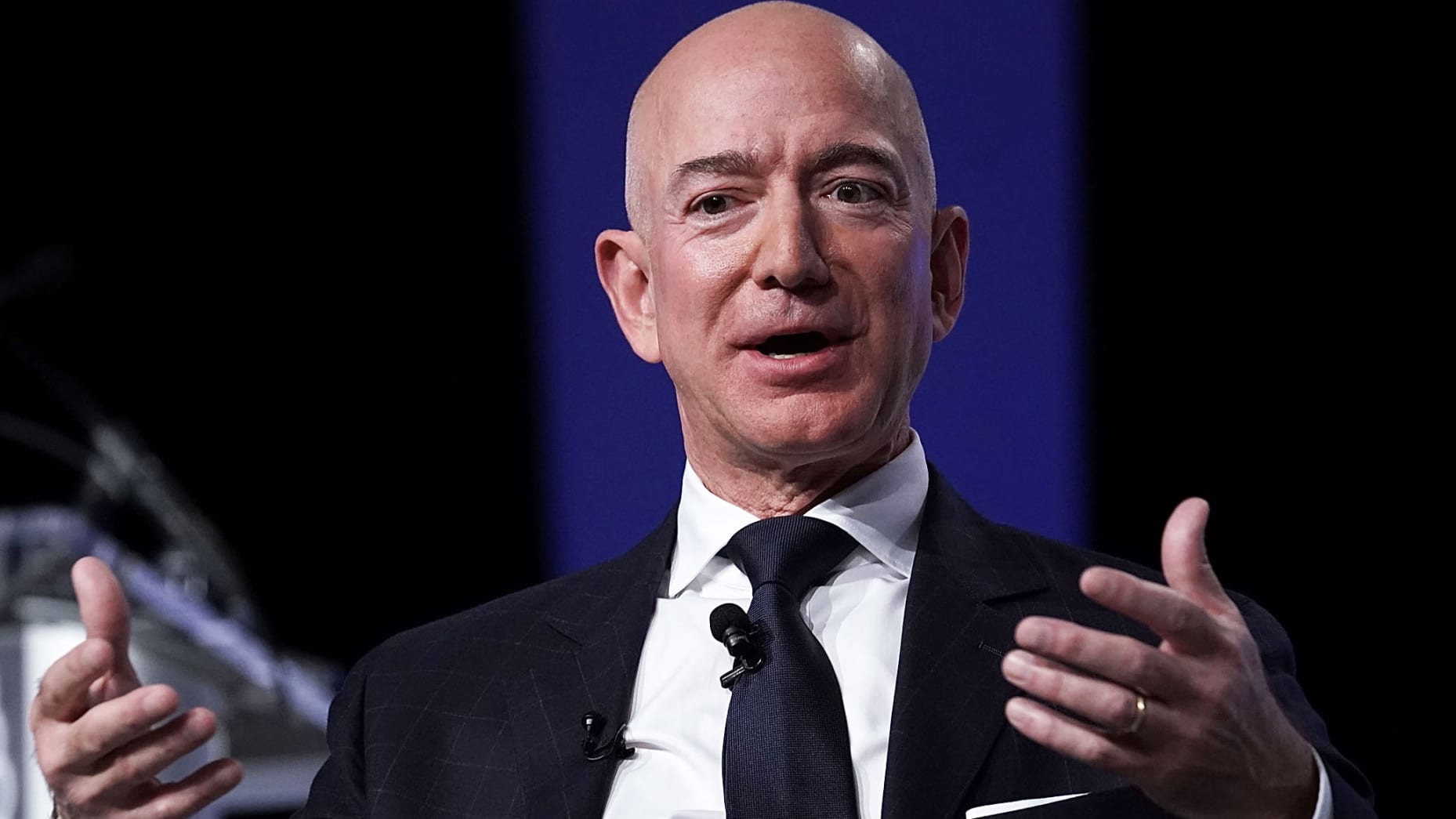Bezos’ $110.5 Million Pledge: Fighting Homelessness One Grant at a Time

New Family Homelessness Grants from Bezos Amazon founder and third-richest person, Jeff Bezos, this week announced $110.5 million in new family homelessness grants. Funding was through the Day 1 Families Fund, established by Bezos in 2018 with a $2 billion commitment to combat one of the world's major challenges. This year, grants ranged from $425,000 to $5 million and went to 40 organizations in 23 states. The total money granted to date is $749 million.
Homelessness has grown to a critical point in the United States, with more than a million people experiencing homelessness for the first time in 2023. The number of people who are homeless rose by 12 percent in the past year, which is the largest one-year increase since data started being tracked in 2007, the National Alliance to End Homelessness reports. Families, who now represent almost a third of the country's homeless population, have particularly suffered. The rising housing costs, the lack of available affordable housing, and the end of pandemic-related protections have further exacerbated this problem.
Bezos, with a net worth of $220 billion, said it was an honor to give to the organizations working so hard to mitigate this crisis. His fiancée, Lauren Sánchez, added that there is such an urgent situation, not only in the rising homeless rates but also for those at the front line. The grants are on emergency and transitional housing as well as programs that can help them achieve permanent housing. One of the beneficiaries is Family Gateway, with an office in Dallas. The nonprofit will receive $2.5 million this year. In 2019, Family Gateway used its first Day 1 Families Fund grant to offer alternatives to overcrowded, expensive emergency shelters, including temporary hotel stays. The organization also assists families in finding permanent housing and pays for initial costs, including security deposits and rent. This year, the group will use the new funding to meet the increased demand for its services.
Other organizations are also using these grants to increase their presence. The American Indian Community Development Corporation in Minneapolis, which received $5 million last year, is using the funds to buy and develop affordable apartments for unhoused Native families. According to Michael Goze, CEO of AICDC, these efforts include pairing tenants with case managers and financial advisors to help them transition into stable, long-term housing.
While these efforts are commendable, some critics argue they are merely treating symptoms of a problem that runs much deeper within the structure. According to Omar Ocampo, the Institute for Policy Studies' researcher, "the cure is in addressing the fundamental causes of homelessness: bad wages and unaffordable housing." Ocampo further proposed that the billionaire investors, such as Bezos, have been responsible for the housing affordability crisis due to their high-end investment in real estate, causing rent to go up high and not many affordable options.
He asked for investments in community-controlled housing models, such as community land trusts, where the properties are kept affordable and not resold for a profit. Ocampo also advocated for stronger tenant protections and wage increases so families can afford housing without reliance on philanthropy. The broader philanthropic community has also taken notice of the housing crisis, though it remains a relatively underfunded cause among billionaires. The most significant donor to date is Bezos' ex-wife, MacKenzie Scott, who has donated nearly $2 billion to housing nonprofits, including community land trusts. Other notable donors include Salesforce CEO Marc Benioff, who has made large donations to homelessness research and affordable housing development, and brokerage magnate Charles Schwab, who donated $65 million for supportive housing in San Francisco.
Despite these efforts, the scale of the problem demands more holistic responses. A second Trump administration is a possible scenario, and with that, housing regulations and taxes on the wealthy may come down, luring in more billionaires to the charitable field. Experts, however, say that these contributions do not replace systemic reforms meant to address the cause of homelessness.
The Day 1 Families Fund is a critical tool to bring immediate relief, directly supporting the organizations assisting families. The call for affordable housing must continue, and Bezos and other efforts in philanthropy must work with long-term policy to create a more sustainable end to homelessness.



